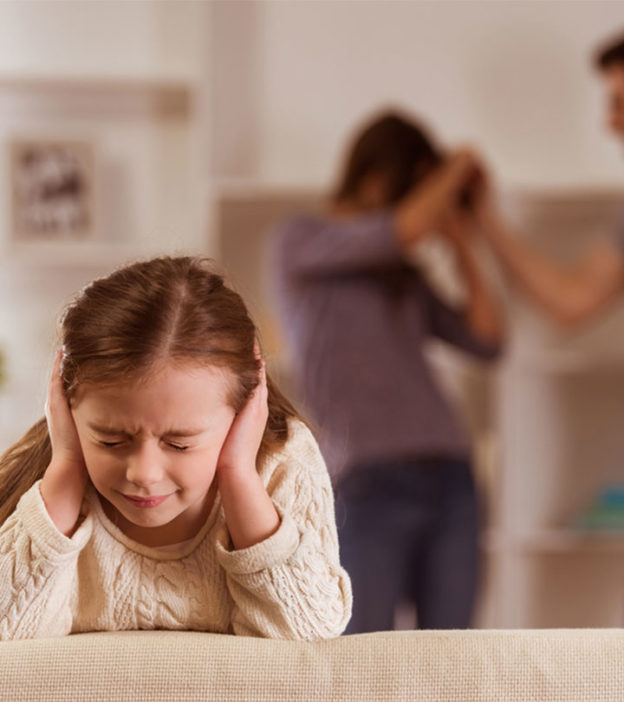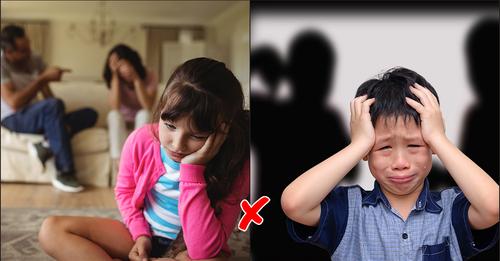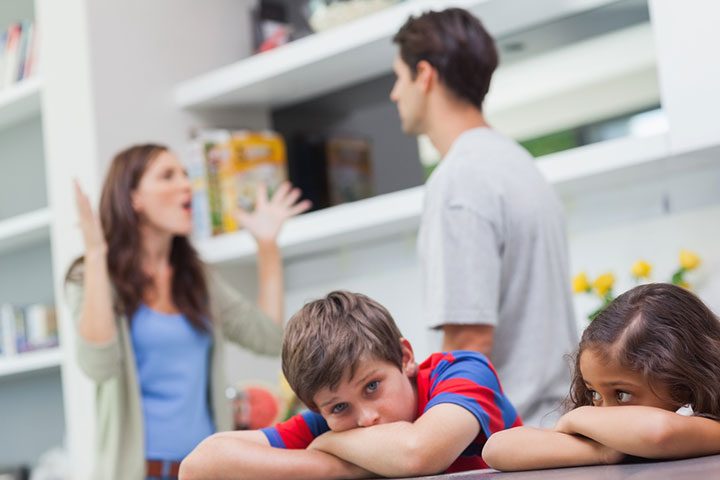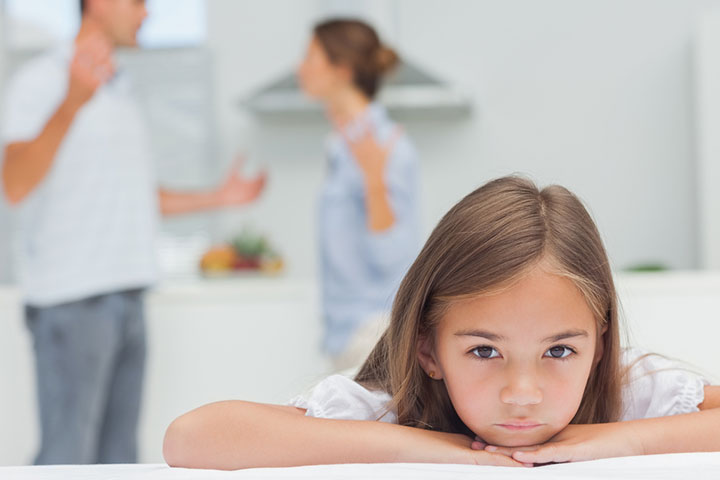
Parents play a vital role in the growth and development of their children. They help shape their beliefs, skills, knowledge, and goals. Unfortunately, when parenting goes wrong it can lead to dysfunctional family dynamics that have long-term consequences for everyone involved. The effects can be detrimental, leading to poor mental health, low self-esteem, and even substance abuse. And it’s a no-brainer that these dynamics aren’t good for a child to be raised in.
So in this article, we’ll discuss what dysfunctional parenting is, its types, and how it can affect children’s lives. So let’s get started.
Dysfunctional Parenting And Its Types
Dysfunctional parenting is a term used to describe how parents raise their children in an unhealthy and damaging manner. It is generally characterized by inconsistency, lack of emotional support, and/or neglectful behavior. Dysfunctional parenting can have a lasting negative impact on the child’s mental health, self-esteem, relationships with others, academic performance, and overall well-being.
The most common forms of dysfunctional parenting include:
- Physical or verbal abuse
- Excessive criticism or blame
- Unrealistic expectations
- Inconsistent discipline strategies
- Withholding love or affection as punishment for misbehavior
- Overindulgence in food or material items such as toys and electronics
- Failing to provide adequate supervision when necessary.
These types of behaviors can lead to feelings of insecurity within the child that may linger into adulthood if not addressed properly through counseling sessions during childhood years.
Each type of dysfunctional parenting has its unique characteristics and may lead to negative outcomes for children if left unchecked. Following are the 4 most common types of dysfunctional parenting:
- The Neglectful Parenting
Neglectful parents often fail to provide their children with basic needs such as food, clothing, or shelter. They also may be emotionally distant or unresponsive when their child attempts to interact with them. This type of dysfunction can cause serious damage in terms of self-esteem issues as well as mental health problems later on in life if it is not addressed early on by either parent or professional help from outside sources such as counseling services or therapists specializing in family dynamics.
- The Authoritative Parenting
Authoritarian parents tend towards laying down overly strict rules with little room for negotiation, these types prioritize obedience over communication which leads the child to feel unheard and unable to express themselves freely without fear of repercussions from their guardian. Additionally, this lack of freedom within the household creates an environment where aggression becomes more commonplace leading to further psychological issues down the road.
- The Permissive Parenting
The permissive style focuses more heavily on indulging than disciplining, while these families are typically warm & loving places where kids feel safe & secure unfortunately due to a lack of boundaries set by parents, many times find themselves facing difficulty adjusting socially since they have been allowed do whatever pleases them rather than learning how to manage emotions appropriately under certain circumstances.
- The Narcissistic Parenting
Narcissistic parenting can also be incredibly damaging, as it can lead to a child’s emotional safety being compromised, their self-esteem being diminished, and their self-doubt being amplified. It can threaten the bonds between parents and children and even damage the bonds between siblings.
Is Your Family Dysfunctional Too?
It can be difficult to determine if your family is dysfunctional. Dysfunctional families often have a pattern of unhealthy communication and behaviors that can be hard to recognize. But, there are some warning signs you should look out for that could indicate your family may not be as healthy as it seems.
Pay attention to how members of the family communicate with each other. Dysfunctional families tend to lack healthy communication skills like active listening and respect for one another’s opinions or feelings. If conversations at home often involve yelling, name-calling, or put-downs then this could suggest an underlying issue with the way people interact in the household.
Observe how much time everyone spends together and whether it’s positive or negative quality time spent together. In a functional family members typically enjoy spending quality time together but in dysfunctional households, this isn’t always true. Instead, relationships between certain individuals might feel strained when they’re around each other leading them to avoid being around one another altogether.
Additionally check if any form of abuse is present within the home such as physical violence, verbal aggression, emotional manipulation, etc. All forms of abuse are unacceptable no matter what circumstances so if you notice any type occurring at home it’s important you address it immediately.
How To Fix Dysfunctional Parenting?
Fortunately, there are many resources available for parents who want help with their parenting skills or need guidance on how best to raise their children without causing any harm or distress. Professional counselors can provide advice on setting healthy boundaries between parent and child while also teaching effective communication strategies that will foster an environment where everyone feels safe and supported within the family unit.
Dysfunctional parenting is a serious issue that can have long-term consequences for the entire family. It’s important to recognize when parenting goes wrong and take steps to correct it before it becomes too detrimental. Let us know in the comment section below about your experiences with handling this kind of parenting. Happy parenting!



